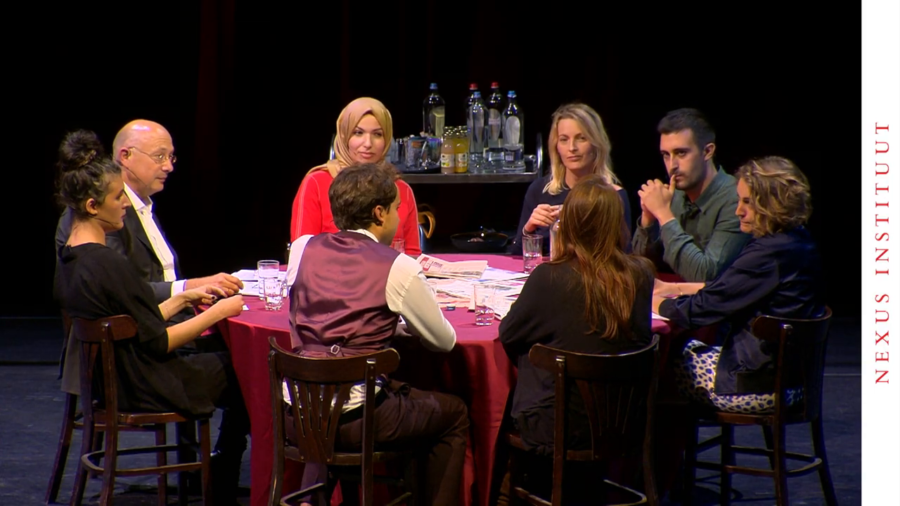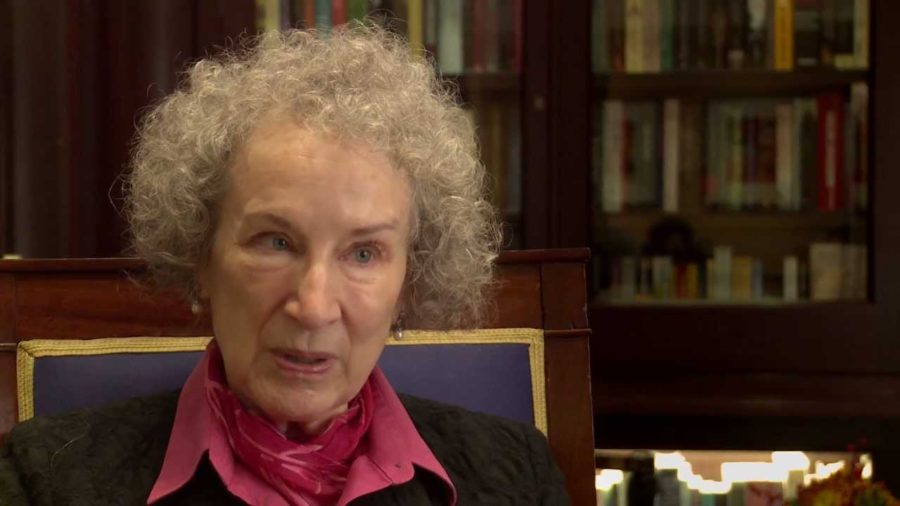I think that politics has always been susceptible to conversion so that it’s not actually about living people it’s about signaling membership within a particular community.
Archive (Page 2 of 3)
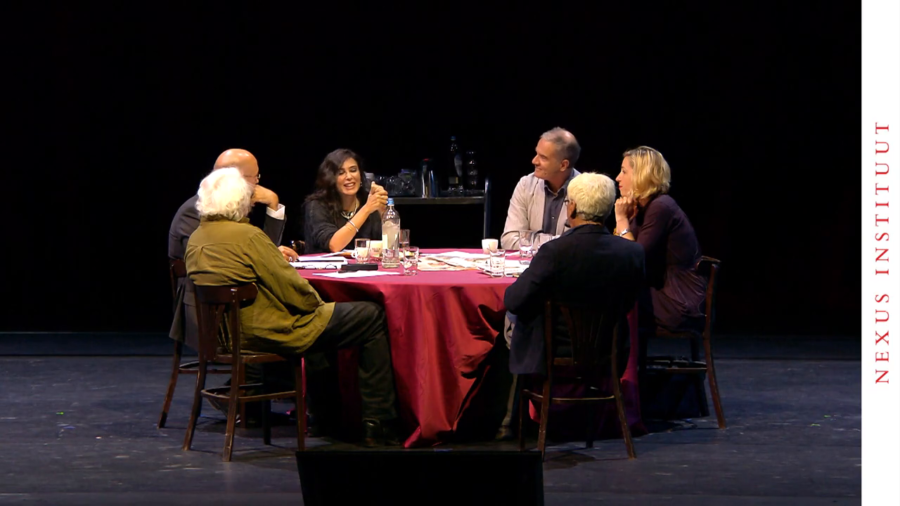
There are these two basic fundamental fears, these ur-fears that are rippling through our societies. The first is the fear of complexity, and the second is the fear of change.
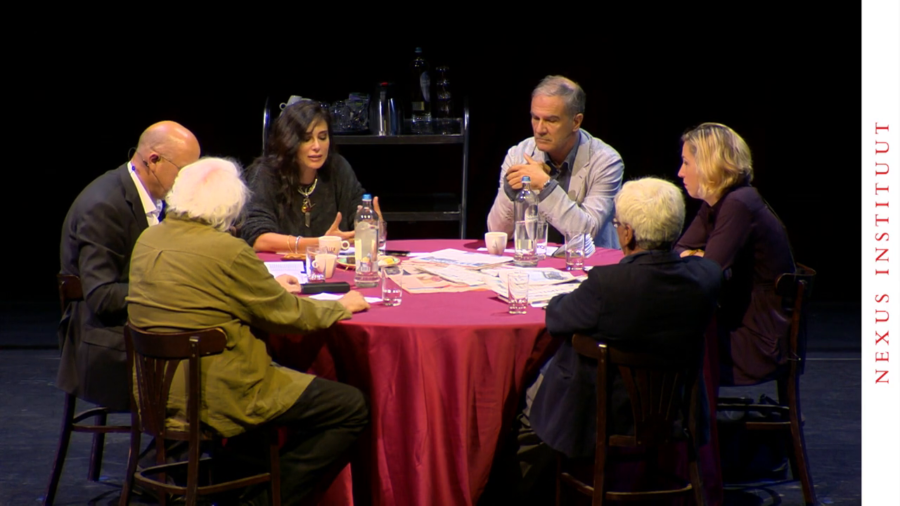
In America now, you can defend the humanities but only on economic grounds. So a theater improves a neighborhood. Or many people who study English become McKinsey consultants. But the fact is that you do it for itself, intrinsically, and you do it for the cultivation of the person and the cultivation of the citizen. Which should be reward enough.
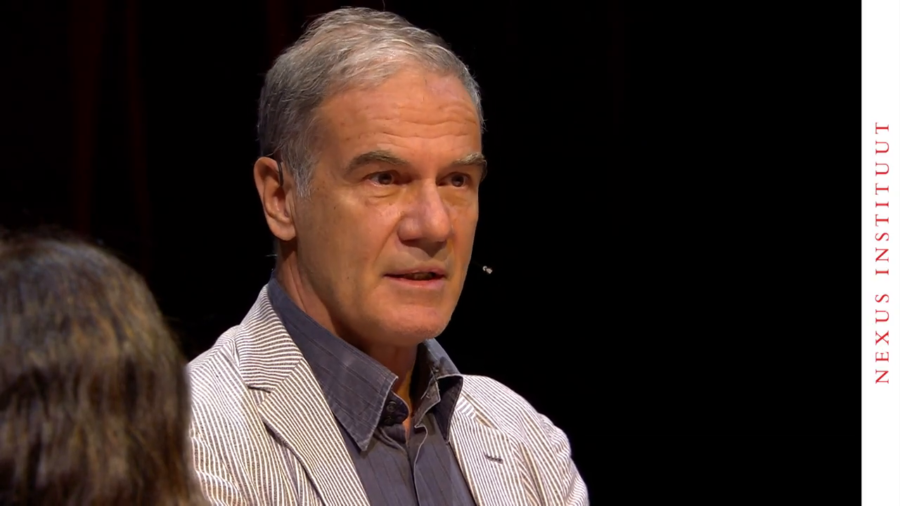
I’m very diffident towards values, any kind of. Because you know, values can be very dangerous. And as the poem of Yeats says, the passionate intensity in believing in something can be very dangerous.
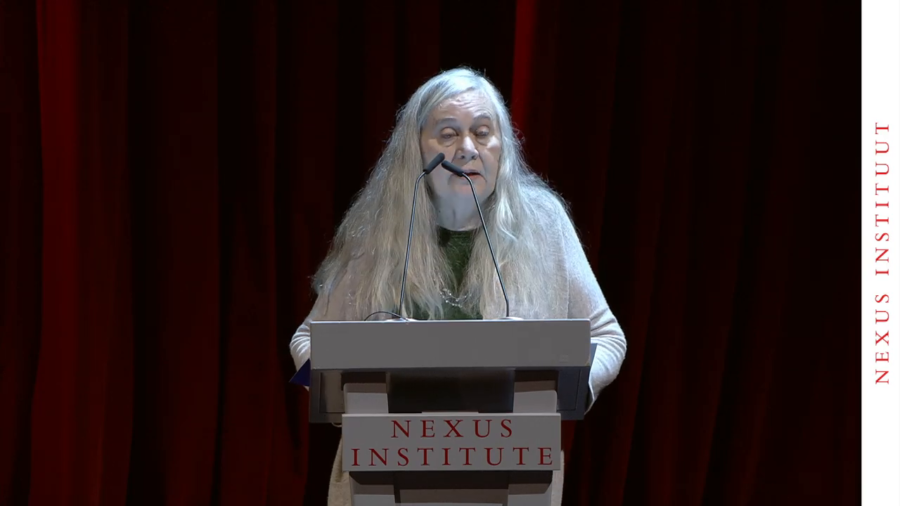
Modern Western societies are not organisms that thrive or perish as one thing, one mind, one experience. They are compacts, based on the expectation that those charged with responsibilities will carry them out in good faith, and crucially that those who are relatively powerful will not seriously abuse, exploit, or simply neglect those who are relatively vulnerable.
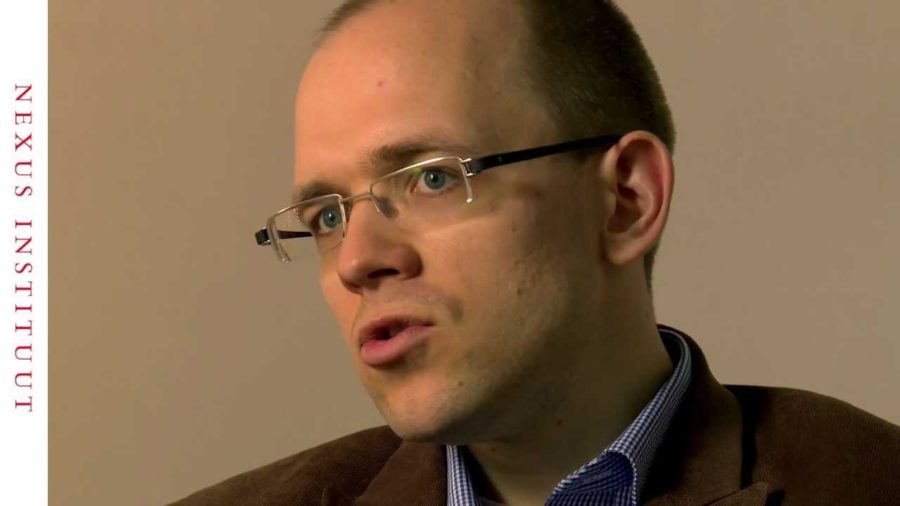
There is this very bizarre alliance between world-changing geeks on the one hand and policymakers who only care about outcomes. They no longer care about how those outcomes are arrived at. They have stripped politics of all meaning. All they want is to get people to do the right thing. They don’t care why they do it.
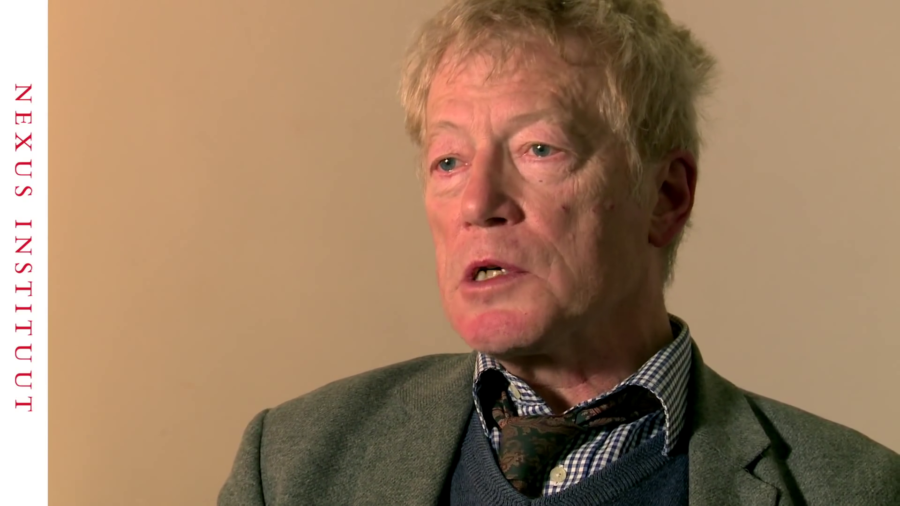
The 20th century was created by idealism. Communism and fascism and Nazism are all based on idealized systems, what the world should be ideally, and how it isn’t what it should be, and therefore we’re entitled to change it radically and take control of it in order to do so.
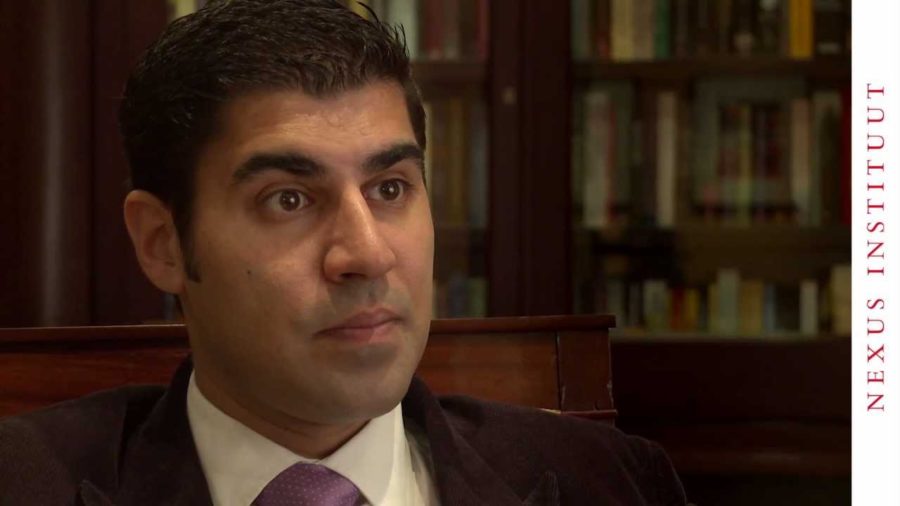
For most people on an individual level most the time, their future still feels very different from that of other people. We live in a world, for example, of enormous income inequality, right. So even though there is a global economy, it certainly doesn’t feel like one’s sort of day-to-day fate or destiny is linked to those of people around the world, even if it is in very invisible kinds of ways.
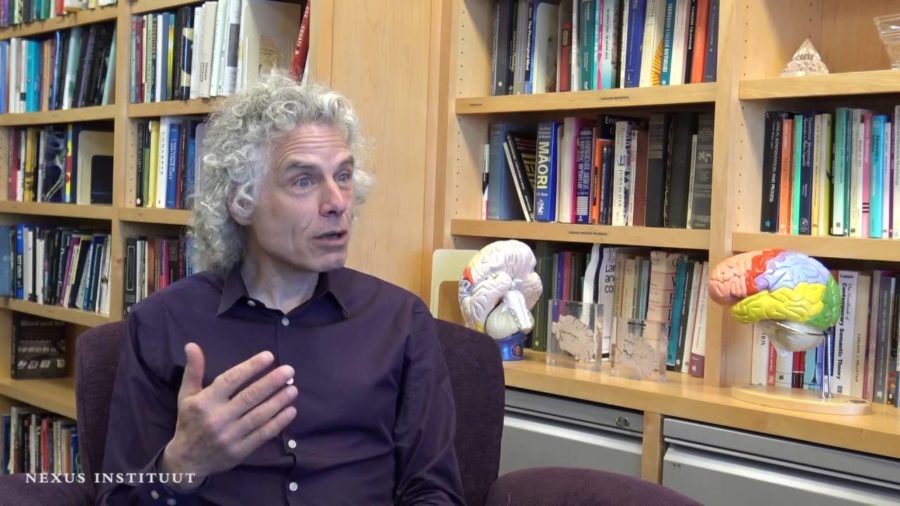
I don’t think that anything will save the world in the sense of bringing Utopia to Earth. But I think the world could be improved, and that would be the version of the question that I’m very much interested in.

